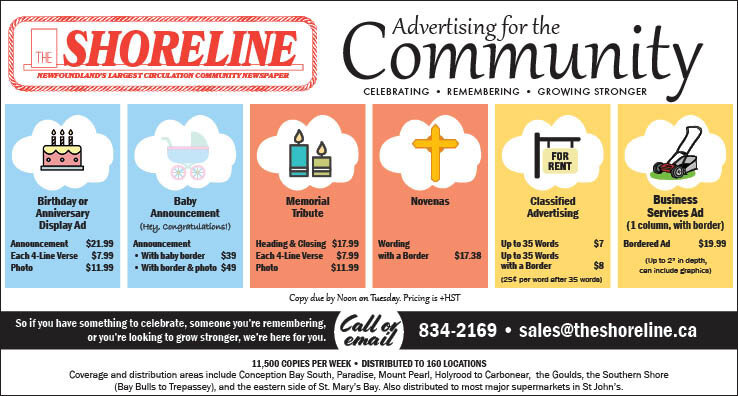By Mark Squibb | Mar. 25, 2021
Confusion over who can and cannot be aboard a fishing boat according to new regulations from the Department of Fisheries and Oceans (DFO) coming into effect next month has caused considerable confusion across the province.
“On Wednesday, an e-mail came out from DFO saying that as of April 1, this new crew list requirement would come into place, and they outlined what you needed to record,” said harvester Jason Sullivan of Bay Bulls.
As per those new requirements, records of who is aboard the boat for each trip would need to be kept on file for five years. As part of the bookkeeping, a Fisher Identification Number (FIN) or Provincial Fisher’s Certificate would need to be recorded for everyone on board.
But, according to Sullivan, not everyone may be able to obtain one of those numbers.
“You can’t get a FIN number, which is DFO issued, unless you have a professional fish harvester number,” he said. “So, for example, if I wanted to bring you out with me fishing to fill in for a day, and you have a job at the newspaper full time, they won’t give you a professional fish harvester number, even for an apprentice, because you have a job outside the fishery. This was going to make it tough on thousands of small enterprises that can’t afford to hire someone full time. They’re just looking for a fellow to fill in for a day here or a day there, and pay him a day-rate. So, this was the big issue for me. By bringing this into the law, it means I could be fined for bringing you out on the boat, if you didn’t have that number.”
There is another side of that coin; folks under age 16 cannot get a professional number.
“People got their backs up pretty good once they didn’t think they could bring their kids out anymore, or their buddies, or family members,” allowed Sullivan.
Social media was flooded Friday morning with photos of smiling grandkids and teenage apprentices who may not be allowed out on the water according to the new regulation.
“Everyone always brought their families and their kids and grandkids out fishing with them,” said Sullivan. “It’s just a part of rural Newfoundland culture. You want to try and encourage more young people to get out, rather than have rules that deter that.”
However, the FFAW has since clarified that that those 16 and under do not require the number, however, registration is necessary if the person is over the age of 16 and earning pay.
Furthermore, as of Friday, according to Sullivan, the Professional Fish Harvesters Certification Board will allow those who work outside the fishery to apply for an Apprentice license.
Sullivan said the confusion was largely caused by poor communication, and while he’s glad for the clarifications, he still questions the regulation as presented.
He argued that knowing everyone who is on board a vessel doesn’t necessarily determine who is in the control agreement, nor how the money is divided.
“You don’t have to tell them what percentage of the catch you’re getting,” said Sullivan. “So, they know you’re on the boat with me, but they don’t know how much money you’re getting.”
Sullivan said that while he has a full-time crew, he occasionally takes a friend or politician out in the boat for the day, and that he wouldn’t let the new regulations bar him from that.
But now, professional fish harvesters offer apprentice cards to those who work full-time in other jobs.
“We would go to court and fight it out there,” Sullivan said.

